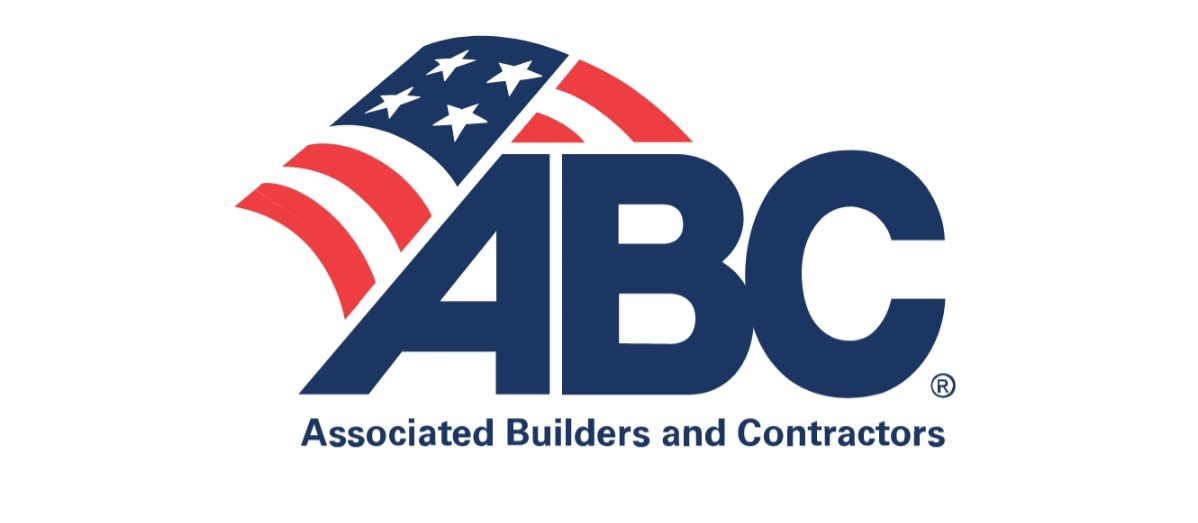Posts tagged checks and balances

Op-ed: Trump restores America’s control over Washington
February 12, 2026 // President Trump is all too familiar with this injustice. In his first term, senior bureaucrats repeatedly used their power to prevent his priorities from becoming policy. They slow-walked reforms at the Department of Education, refused to prosecute civil rights cases, and circumvented a federal hiring freeze—to name just a few examples. At the start of the second Trump administration, a poll found that 75 percent of federal managers who voted for Kamala Harris planned to disobey instructions they don’t like. But public servants are supposed to serve the public, even if they disagree with the party the public elected. In the private sector, workers could be fired for not doing their job. But until now, presidential administrations couldn’t hold senior bureaucrats accountable because federal rules made them effectively untouchable. While Democrats outnumber Republicans two to one at federal agencies, conservative career officials could also refuse to implement a liberal president’s agenda.
Opinion: Utah is leading the nation by prioritizing worker freedom
February 21, 2025 // Despite the rhetoric, government unions will still exist in Utah and public employees can still choose to join them. Workers who agree with union spending can support their unions wholeheartedly, while those who do not are free to decline membership and can negotiate their job requirements directly with their employer. The difference now is that these unions will no longer have a monopoly in representing public employees, including Utah public employees who did not want the representation in the first place.

AFT’s Weingarten speaks at launch event of new progressive group
June 27, 2023 // Both AFT and the National Education Association (NEA) were listed as key partners on UFD’s website, along with SEIU, League of Conservation Voters, and the Center for Popular Democracy. It begs the question why unions, who should be focused on serving their members, are lining up alongside clearly political organizations to support–even headline–partisan political causes. UFD’s funding sources and its official registration status are not available online. However, several of its partner groups are well-known recipients of funding from progressive, dark-money organizations such as the Sixteen Thirty Fund. The Sixteen Thirty Fund received $91 million in 2020 from another progressive group called Arabella Advisors, which pulled in $1.6 billion in funding in 2020. Arabella Advisors, through the Sixteen Thirty Fund, spent $44 million in the 2020 elections in addition to funding progressive news network States Newsroom. AFFT previously reported that Arabella Advisors also funded a unionization effort in Congress through the work of an organization called Demand Progress Education Fund.

Associated Builders and Contractors addresses Sen. Sanders Budget Committee Hearing and Misleading Allegations
May 8, 2022 // The CRA states that, once an agency rule is disapproved by Congress, such a rule may not be issued in “substantially the same form,” unless it is expressly authorized by a subsequent law. A regulatory action pushing for a new Blacklisting Rule, even if narrowly tailored to firms that have been accused of violating the NLRA––as referenced in the chairman’s letter––would most certainly run afoul of the CRA and be subjected to litigation and create additional uncertainty for federal contractors.
